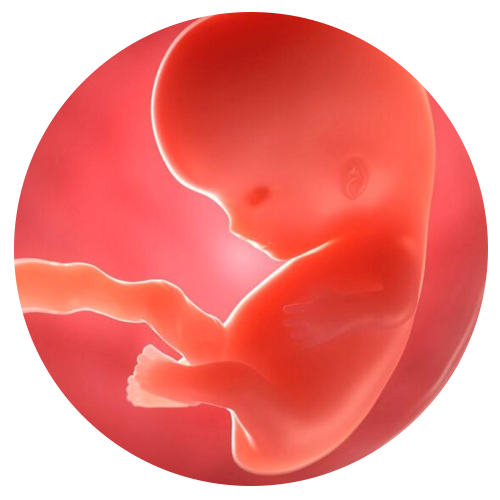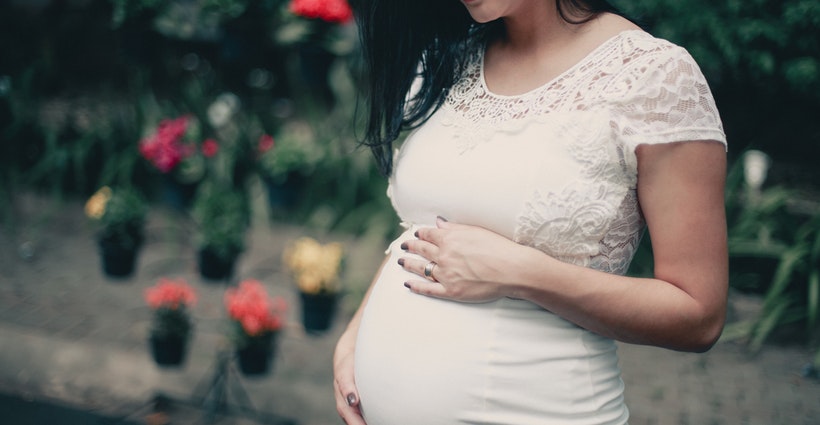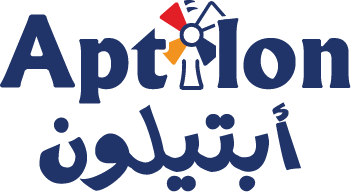8 Weeks Pregnant: Pregnancy Symptoms & Baby Development
Find out what to expect from every week of your pregnancy.
8 weeks pregnant is how many months?
Month 2 (Trimester 1)
Baby development at 8 week
Morning sickness

Zinc
By the time you’re 8 weeks pregnant, your baby is roughly 1.6cm long1. At this stage, their newly formed jawbone gives more definition to their tiny mouth, and the tip of their nose is now visible, featuring two distinct nostrils.
Internally, cartilage is being replaced by bone cells and joints2, and their legs are growing longer, although it’s too early to see knees and upper or lower legs yet.
At 8 weeks, your baby is medically called a fetus, which is Latin for young one or offspring.
Incredibly, they are already starting to make small, jerky movements as their muscles begin to function. It will be several weeks before these are strong enough for you to notice

At 8 weeks pregnant, you may start to notice the first signs of your pregnancy bump showing, but this isn’t the case for everyone. At this stage your womb is still within the pelvis and below the pubic bone, so you can’t feel it when pressing your tummy. However if you have had a baby before, your tummy may look pregnant even at this stage as the muscles and ligaments have been stretched before.

Pregnancy symptoms at 8 weeks
The fatty acids Omega 3 and 6 support the healthy development of your baby’s brain, and can only be obtained from your diet. Making sure you include good sources of Omega 3 in your diet will help you give your baby the best start for a healthy future.
Making sure you include good sources of Omega 3 in your diet will help you give your baby the best start for a healthy future.
Try these Omega 3-rich snacks and small meals:
- Mackerel on a slice of wholegrain toast
- Grilled salmon with steamed leafy vegetables
- Salmon fishcakes
- A handful of nuts and seeds
- A bowl of wholegrain cereal

THE SCIENCE BEHIND OMEGAS 3 & 6
Powered by Nutricia
Omegas 3 and 6 are two types of long chain polyunsaturated fatty acids, collectively called LCPs. One of the Omega 3 LCPs, known as docosahexaenoic acid, or DHA for short, contributes to your baby’s brain development13. It also supports the normal development of your baby’s eyes and is associated with development post-birth, specifically normal visual development throughout the first year.
To support your baby’s brain development, try to include an extra 200mg of DHA each day. Oily fish are an excellent source and eating 1-2 portions of oily fish per week will provide sufficient DHA for you and your baby. However, it’s recommended that you eat no more than two portions per week due to the toxins they may contain. For a healthy intake of other Omega 3 fats on the days you don’t eat oily fish, snack on a handful of nuts or start your day with a bowl of wholegrain cereal.
